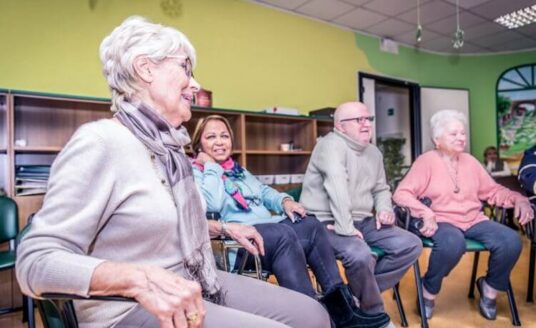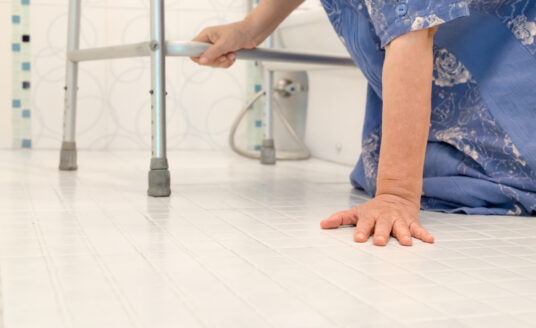As a caregiver for a senior adult, you may find yourself rushing from one responsibility to the next. The days often become a blur of medications, housework, physician appointments, meal preparation and many other essential duties. Going through this daily routine can take a toll on you physically, mentally and emotionally.
It helps to stop and think, put things in perspective, and discover what is causing you to feel the way you do. In short, you need “an emotional map” — something to show you where you have been and where you are going.
The good news is that you can create one with just a pen and a notebook by starting a journal. Writing down what you are thinking and doing on a regular basis often will help.
Benefits of Keeping a Journal for Caregivers
Reduces stress. If you write about the things that are frustrating you, it can help you release those feelings. Putting those thoughts on paper is healthier than bottling them up or trying to deny they exist. Keeping a journal should not only help you feel better emotionally, but help lower your blood pressure and improve your sleep quality. Research also suggests that writing down your experiences decreases the likelihood of depression.
Gives you space from negative thoughts. Writing down what occurred during particularly difficult experiences, and expressing the corresponding emotions, can provide you with some distance from those feelings, as well as space to reflect on and analyze what upset you. With this perspective, you can process your emotions rather than suppressing them.
Guides you toward the next step. When you record your emotions in a journal, you may be able to interpret where they stem from and how to deal with them. Perhaps your frustration was set off by a misunderstanding, or a situation that can be corrected by setting mutual and reasonable expectations with your senior or family members. Journaling can help you connect the dots between cause and effect, and come up with a solution. It can even help you improve your conflict resolution skills.
Improves your caregiving. Because a daily routine, such as journaling, requires time and awareness, it can also enable you to think about what processes could be made better. For example, through your journaling, you notice that your senior is angrier and less cooperative in the afternoon than in the morning. The solution could be to perform many of the essential tasks with him or her earlier in the day. Because journaling can help you see things from multiple perspectives, you may be able to compromise and make things better for the both of you moving forward.
Journaling Tips
Keep it private. You don’t want to worry about someone reading what you wrote. You will also feel free to fully express yourself knowing that only you have access to your journal.
Don’t edit. Write down your thoughts and observations as they occur. It can be about anything—what you’re feeling, a conversation with a friend, what you had for lunch. The goal is to have an accurate record of what is going through your mind on a regular basis without stopping to scratch out words and re-write sentences. In fact, you don’t even have to write sentences—a single word or phrase may sufficiently express how you are feeling.
Don’t overthink it. If you get stuck on what to say, write down three things you are grateful for, or three wishes you have. Write about your immediate surroundings, or what you were thinking about the first thing in the morning, or list the events that happened during the day.
Enjoy the process. Journaling has many benefits. Writing just a few minutes per day can help you reduce stress, boost your well-being, and better understand your needs and the needs of your senior loved one.
For more helpful tips on stress and forming a daily routine, visit Bethesda’s Caregiver Tips blog.
| Whether in independent living, assisted living, memory care, or skilled nursing, Bethesda offers the right amenities, services, programming, and staff to make every day full of purpose. See for yourself and tour our independent living communities, including Bethesda Barclay House – Clayton, Bethesda Gardens – Kirkwood, Bethesda Orchard – Webster Groves, Bethesda Terrace – South County, Village North Retirement Community – Florissant, and The Oaks at Bethesda Villas – Kirkwood/Webster. |
Want to find out more?
If you’d like to stay up to date with Bethesda Health Group, sign up here to receive our blog and newsletters!
"*" indicates required fields
Related Articles
Want to find out more?
If you’d like to stay up to date with Bethesda Health Group, sign up here to receive our blog and newsletters!
"*" indicates required fields



